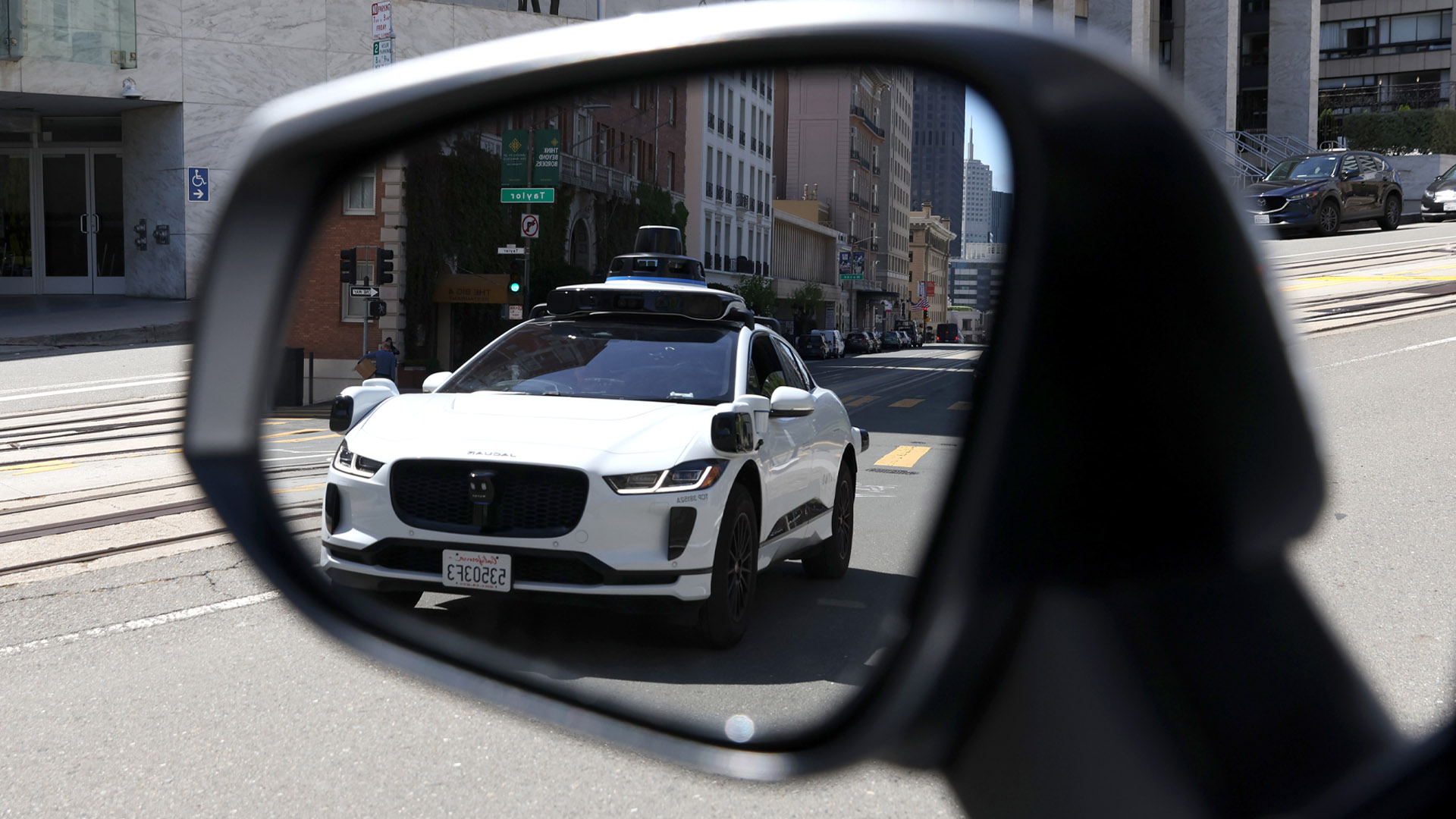

The public cannot buy any fully self-driving cars yet, but the buzz around the technology and its development is huge. Several companies have made great strides in advancing self-driving technology, however public confidence in autonomous vehicles is extremely low. A recent study from AAA revealed just 9% of Americans “trust” self-driving vehicles, 23% are unsure, and 68% are “afraid” of the tech.
AAA’s study garnered usable responses from interviews with 949 adults. The organization has conducted the same research since 2020 and the trend toward distrust is growing. Public acceptance of self-driving cars reached its peak in 2021, but trust was still relatively low. That year, 54% of Americans reported being “afraid” of the vehicles, with 14% trusting them and 32% being unsure.
Several companies are developing autonomous vehicles, but outside of Tesla, none besides Mercedes-Benz claim to offer any level of full self-driving capability on regular passenger cars, and in Mercedes’ case, its “Drive Pilot” system only recently gained approval in Nevada. The details have also not been hashed out. In other markets, for instance, Mercedes’ system is only active at speeds slower than 37 mph.

General Motors offers autonomous taxi rides in San Francisco through its subsidiary Cruise, although there have been several issues. Amazon is developing AVs by backing a company called Zoox but it has yet to carry passengers. Ford, on the other hand, recently shuttered its player in the race, Argo AI.
In a statement, AAA’s director of automotive research said the organization was “not expecting such a dramatic decline in trust from previous years.” He attributes the rise in skepticism to “the number of high-profile crashes that have occurred from over-reliance on current vehicle technologies,” which is a pretty thinly veiled jab at Tesla. The automaker’s “full self-driving” system has been associated with a number of crashes in the past few years, including some that were fatal, while other driver assistance systems like GM’s Super Cruise or Ford’s Blue Cruise have not drawn the same level of attention.
AAA has likewise previously published research that found the naming of a driver assistance system can lead consumers to believe that their vehicle has “the ability to drive the car by itself without any supervision” when it is not capable of doing so.
Got a tip or question for the author? You can reach them here: peter@thedrive.com